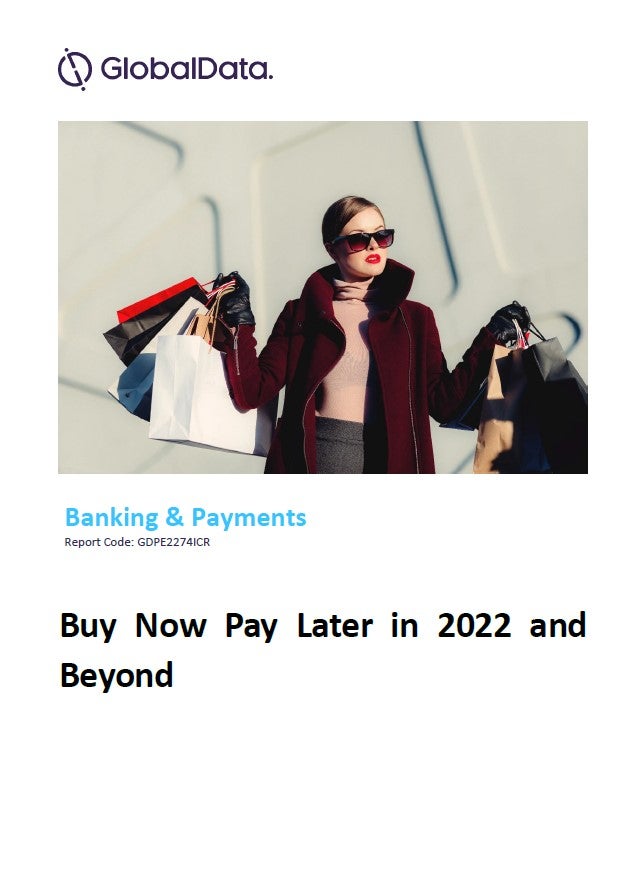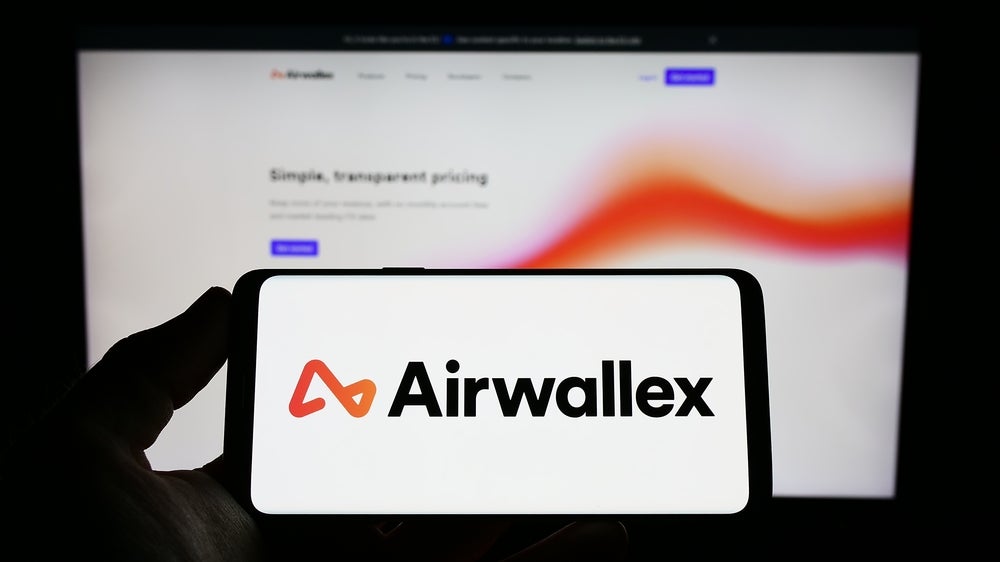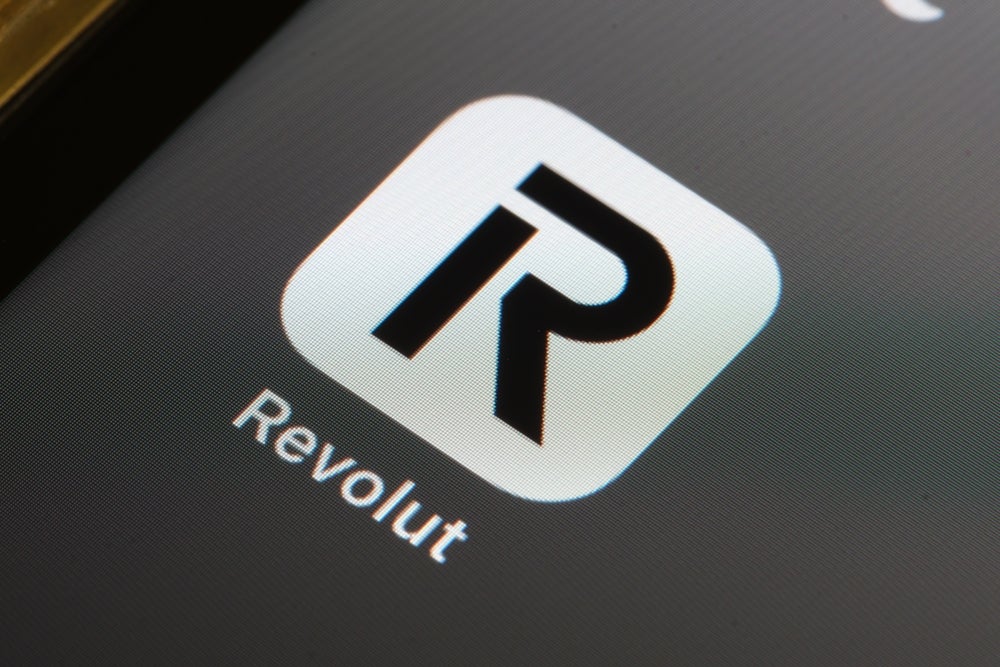European payments unicorn Klarna, is augmenting its e-commerce retail payments profile by partnering with Arcadia Group UK to launch its global Buy Now Pay Later scheme.
This partnership will allow customers of iconic brands run by Arcadia Group such as Topshop, Miss Selfridge and Dorothy Perkins, to have the option to pay for their purchases over a period of time during which their purchases will be put aside for them.
Made popular in America between the 1920s and 1930s, “layaway” or “layby” (i.e. buy now pay later) requires shoppers to make regular payments towards a purchase before receiving it. Typically, the customer chooses the product they want, makes a down payment and then makes regularly scheduled payments over a period of time until they’ve paid off the full price, the major benefit being no interest fees are added unless the customer misses a scheduled payment.
With its Buy Now Pay Later launch, Klarna separates buying from paying and pre-authorises customers in real time when the order is placed. Customers deemed eligible for credit will then be able to buy products but opt to pay for them later, interest free for up to 90 days.
This new service hopes to improve the user experience by offering instant access to credit without redirecting customers away from the online store. On-the-go consumers will not have to fill in lengthy personal details or forms associated with traditional credit application processes.
“Being able to Buy Now, Pay Later at the click of a button empowers our customers to shop however and whenever they want. Revolutionising our approach to purchasing and paying will help us boost conversion rates and ensure our customers remain our brands’ biggest fans” elaborates Richard Burchill of Arcadia.
How well do you really know your competitors?
Access the most comprehensive Company Profiles on the market, powered by GlobalData. Save hours of research. Gain competitive edge.

Thank you!
Your download email will arrive shortly
Not ready to buy yet? Download a free sample
We are confident about the unique quality of our Company Profiles. However, we want you to make the most beneficial decision for your business, so we offer a free sample that you can download by submitting the below form
By GlobalDataFor the retailers, the Buy Now Pay Later scheme allows them to maintain their own look-and-feel throughout the checkout process. Online retailers can also expand into new markets easily because Klarna ensures legal compliance across all markets.
Findings from Klarna research shows that 67% of UK shoppers have abandoned a basket online, representing an average loss of £37 062 per UK retailer each year. To counter-act the dropped basket effect, the Buy Now Pay Later scheme aims to boost retention, loyalty and sales by offering flexible payment options to consumers.
Luke Griffiths, the UK General Manager of Klarna, adds:
“More consumers are shopping on the go than ever before, but in our fast-paced lives shoppers get frustrated by long and complex checkouts and a lack of flexible payment options. To get ahead, retailers need to offer a simple, hassle free browsing and buying experience that integrates seamlessly into their customers’ lives”.
Klarna, who offers payment solutions to more than 45 million users in Europe and North America, plans to launch Buy Now Pay Later in the US with online retailer shoes.com.
Layaway saw a decline in the 1980s due to the ubiquity of credit cards rendering layaway less useful. However, layaway saw a comeback in the 2000s with the rise of online shopping. Online layaways simplify the process by removing costly, time-consuming storage and bookkeeping processes as well as giving customers a budgeting tool. Layaway forces the customer to save, because if they don’t make the payment, they don’t get the product.







